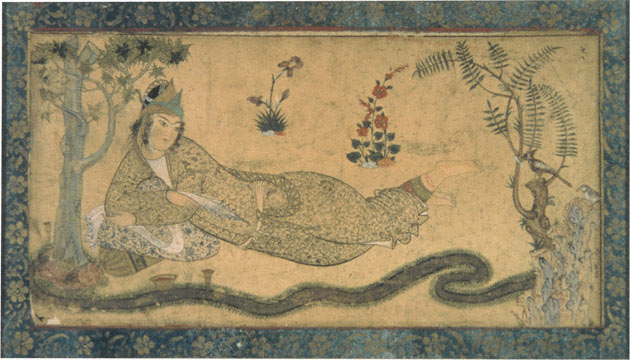return to Home Page
or move on to Goddess Shait, next chronologically,
or use Her Cyclopedia Index
Shayba, Old-Woman.
$AB1
Alternate meanings: {Queen}.
[to Whom the tenth day of June, day 161, is dedicated]

return to Home Page
or move on to Goddess Shait, next chronologically,
or use Her Cyclopedia Index
Shayba, Old-Woman.
$AB1
Alternate meanings: {Queen}.
[to Whom the tenth day of June, day 161, is dedicated]
